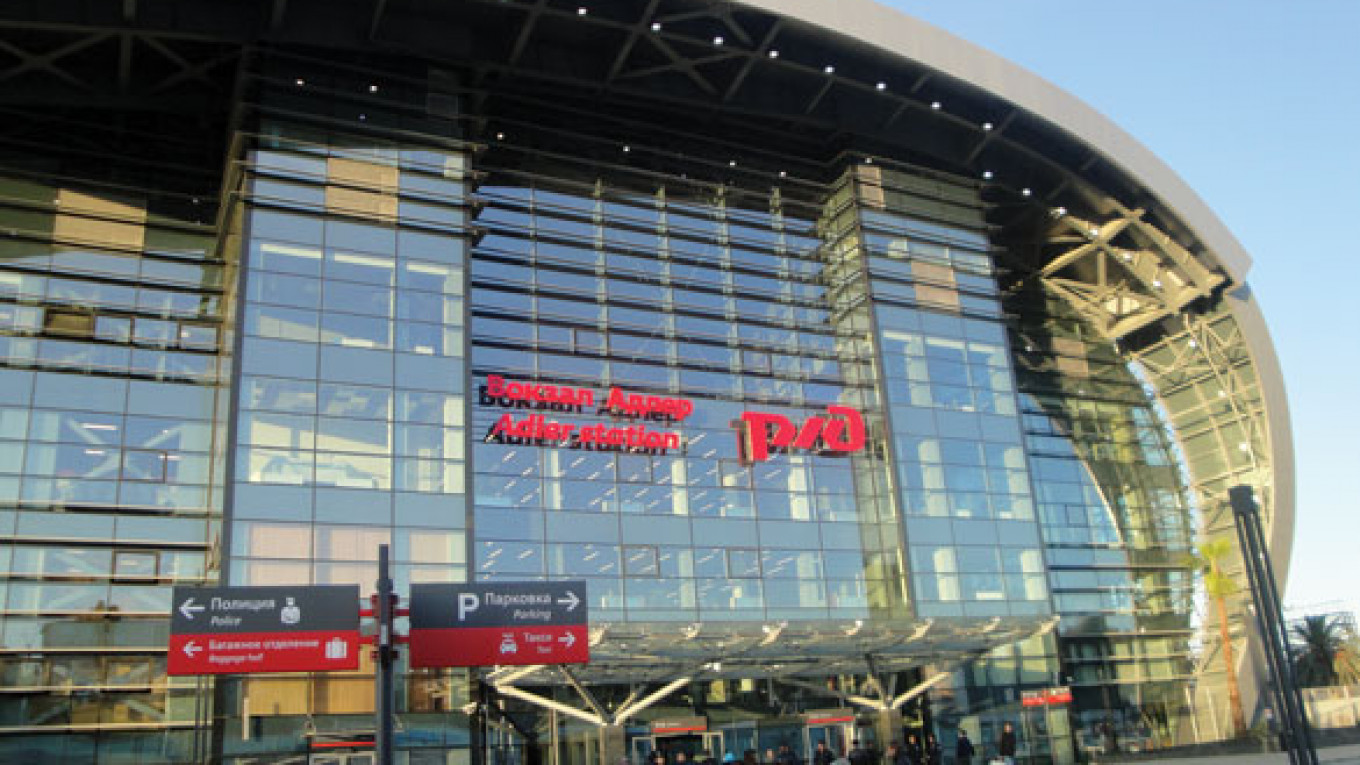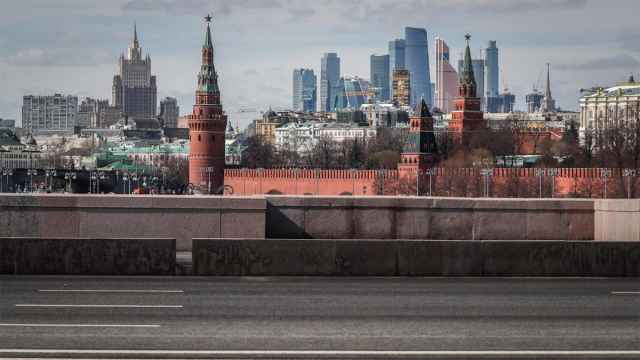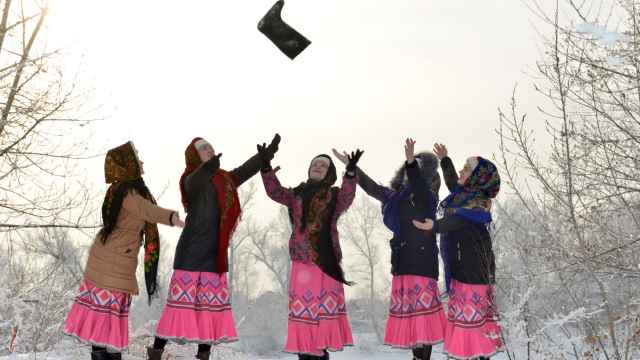Getting to and around Sochi has become much easier as the city readies itself to host the Winter Olympics and a leg of the Formula One race. The modernized airport and new high-speed trains that run along the Black Sea coast make Sochi more accessible and comfortable to navigate. You will now see Russian and English-language signs pointing you to the main tourist attractions and hear announcements at the railroad station repeated in English.
This is not to say that you shouldn't be cautious when traveling around Sochi. The local drivers are notorious risk takers, and it is not uncommon to see someone swerve into an opposite lane, cut off a slower commuter or have a casual conversation through the car window. Bus drivers are particularly skilled at this. Some can even make U-turns while handing out change to passengers.
Crossing the street in itself can be a very authentic cultural experience. Drivers are learning to stop when they see someone who wants to cross the street, but most of the time you still have to assert your rights and just make a dash for it — mind, at your own risk. To make this task a little bit safer, wait until there is a group of fearless locals who start crossing the road at the same spot, though they might start to do this regardless of whether they see a car coming or not.
Sochi International Airport
Timetables: sochi-airport.com
The airport, founded almost 70 years ago, underwent mass reconstruction and modernization ahead of the Winter Olympics. These efforts cost more than $425 million, and the improvement is eye-grabbing. The building's capacity has significantly increased and the number of routes has grown to 60 domestic and international flights, with 40 airlines now operating from the airport. Also important, the airport simply has started functioning faster and has become a nicer place to start or wrap up your journey.
Lastochka Trains
Timetables: eng.rzd.ru
The modern, high-speed Lastochka trains started running between Sochi's major districts and Olympic hotspots a couple of months before the Winter Games. The trains move at regular intervals and can go as fast as 160 kilometers per hour.
Stops along the coastal route include the Sochi Central Station, Matsesta, Khosta, Adler Railroad Station, Olympic Village and Olympic Park. There are also routes that will take you to the Sochi International Airport or the Krasnaya Polyana ski resort, the latter via Esto-Sadok. Travel times from Sochi to the Olympic Park are 50 minutes, and 90 minutes from Sochi to Krasnaya Polyana.
Lastochka trains can reach speeds of 160 kilometers per hour and are comfortably equipped with all the essential facilities, such as washrooms and luggage storage space. A trolley passes through the train during the journey so you can buy hot or cold beverages and snacks while onboard.
Taxis
It can be hard to spot taxis on the street as few of them have official signs, or permits and distance meters for that matter. Drivers also tend to state higher prices to tourists and might exaggerate how long it takes to get from Point A to Point B. There are taxi companies that you can contact in advance from the hotel reception or by looking up information online. Whichever option you choose, make sure that you and the driver agree on the price before you get into the car.
A Message from The Moscow Times:
Dear readers,
We are facing unprecedented challenges. Russia's Prosecutor General's Office has designated The Moscow Times as an "undesirable" organization, criminalizing our work and putting our staff at risk of prosecution. This follows our earlier unjust labeling as a "foreign agent."
These actions are direct attempts to silence independent journalism in Russia. The authorities claim our work "discredits the decisions of the Russian leadership." We see things differently: we strive to provide accurate, unbiased reporting on Russia.
We, the journalists of The Moscow Times, refuse to be silenced. But to continue our work, we need your help.
Your support, no matter how small, makes a world of difference. If you can, please support us monthly starting from just $2. It's quick to set up, and every contribution makes a significant impact.
By supporting The Moscow Times, you're defending open, independent journalism in the face of repression. Thank you for standing with us.
Remind me later.






